
Why Australia’s community organisations need a new governance model
Posted on 25 Feb 2026
Australia’s community organisations are quietly holding society together. From local sporting clubs…
Posted on 28 May 2024
By Greg Thom, journalist, Institute of Community Directors Australia

A quartet of philanthropic organisations has banded together to help regional not-for-profits tackle some of their communities’ greatest challenges.
The Ross Trust, the William Buckland Foundation, the Helen Macpherson Smith Trust and the Jack Brockhoff Foundation will contribute $5 million over five years to strengthen the capacity and resilience of rural Victoria.
The funding is designed to enable local NFPs to become more confident and collaborative in their approach to improving and sustaining the vibrancy, resilience and liveability of their communities.
The initiative, which will be delivered by the Foundation for Rural & Regional Renewal (FRRR), follows the success of FRRR’s NSW-focused Investing in Rural Community Futures program (IRCF).
The three Victorian communities that will participate in the new program will be announced later this year following further research and expressions of interest via a community consultation process.
Once communities are selected, a local facilitator will work with NFPs there to identify priorities, gaps and opportunities.
Established more than 50 years ago to act as the custodian of the estate of Roy Everard Ross, the trust has distributed more than $130 million to support vulnerable Victorians.
The trust says it aims to help address disadvantage and inequity and facilitate change by targeting a range of social, economic and geographical issues, along with environmental protection and preservation.
Since its establishment in 1965, the foundation has distributed more than $141 million in grants toward improving the lives of disadvantaged Victorians.
The foundation focuses on funding better housing, health, education and employment opportunities along with bankrolling initiatives designed to build resilience in rural and regional communities.
The trust was established in 1951 following the death of Helen Macpherson Smith, who left the majority of her wealth to establish a perpetual trust to benefit Victorian charities.
More than $137 million in grants have since been awarded to a wide range of Victorian charitable institutions and a diverse range of projects, with the trusts primary focus on building community and addressing educational disadvantage.
The foundation was established in 1979 by the late Sir Jack Brockhoff, former chair and managing director of Brockhoff Biscuits, which was established by his grandfather in 1880.
The foundation has distributed more than $90 million in grants to support the health and wellbeing of all Victorians.

“Investing in the social and economic fabric of Victorian rural communities fosters long-term resilience.”
FRRR CEO Natalie Egleton said she was confident many Victorian communities would be enthusiastic about the opportunity to participate in the program.
“Investing in the social and economic fabric of Victorian rural communities fosters long-term resilience,” she said.
“We know that our model can deliver these outcomes and the multi-year model builds a whole-of-community approach,” she said.
The NSW-based IRCF program started in 2018 after FRRR recognised that many grassroots organisations were “locked out” of philanthropy and were unable to access opportunities to invest in their own capacity.
The plan to bring a similar program to Victoria began in late 2022 after discussions between the four participating organisations and FRRR.
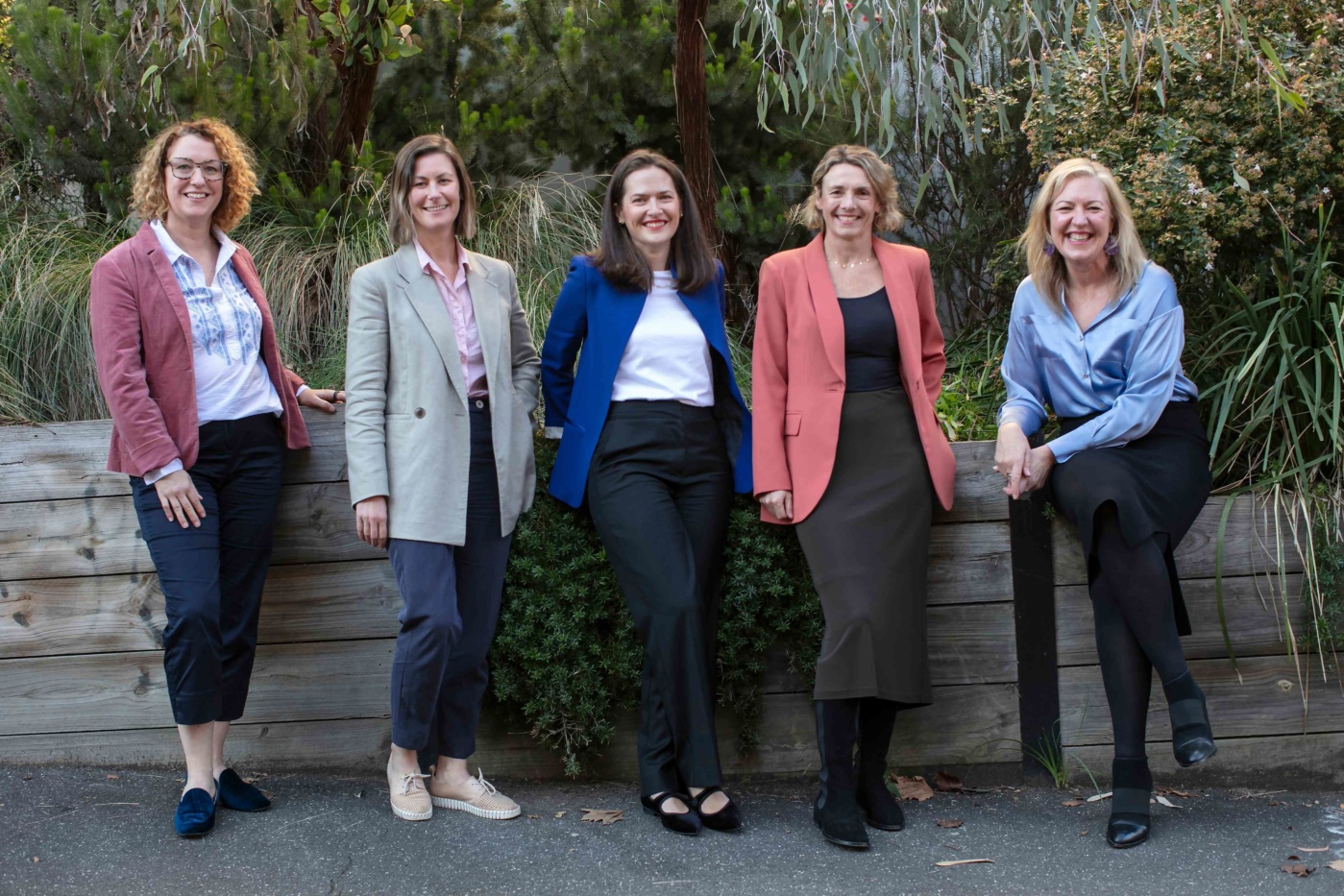
Ms Egleton told the Community Advocate many regional communities faced unique challenges such as isolation and remoteness which placed them at a disadvantage when it comes to accessing services.

“They need a range of different types of investment to support their work, keep their towns going and keep their people well.”
Ms Egleton said regional communities generally scored poorer on many quality-of-life indicators while also struggling to deal with to challenges ranging from energy transition and natural disasters to drought, climate change, housing shortages and family violence.
“So, lots of smaller towns need little bits of money to keep them going but if they’re wanting to really address some of those big structural issues, they actually need a more sustained type of investment.
“We really need to skill up and we need to build capability and resilience in the organisational infrastructure within communities so that they can respond more effectively.”
Ms Egleton said many NFPs in the bush punched above their weight despite being volunteer-run or operating with limited paid resources.
“But they never have the capacity to invest in themselves or invest in their capability in order to be more impactful or strategic or collaborative and really work on those big, structural issues that every regional community is facing into.”
Ms Egleton said she believed more philanthropic foundations were recognising the benefits of pooling their resources behind a common idea to achieve better outcomes.
“A quote from one of the foundations involved in this program was that alone, it would have been very difficult to fund something of this scale, but together and collectively, we could bring it to Victoria.”
Ms Egleton said the program was also an opportunity for philanthropists to practise what they preach.
“Philanthropy is often asking communities to collaborate, so it makes sense for us to be able do it too and make it easier for communities to not have to deal with four or five different foundations and just deal with one, which is FRRR in this case.”
New grants help level the playing field for First Nations students
Philanthropic grants grow to meet environmental threats - but not fast enough

Posted on 25 Feb 2026
Australia’s community organisations are quietly holding society together. From local sporting clubs…
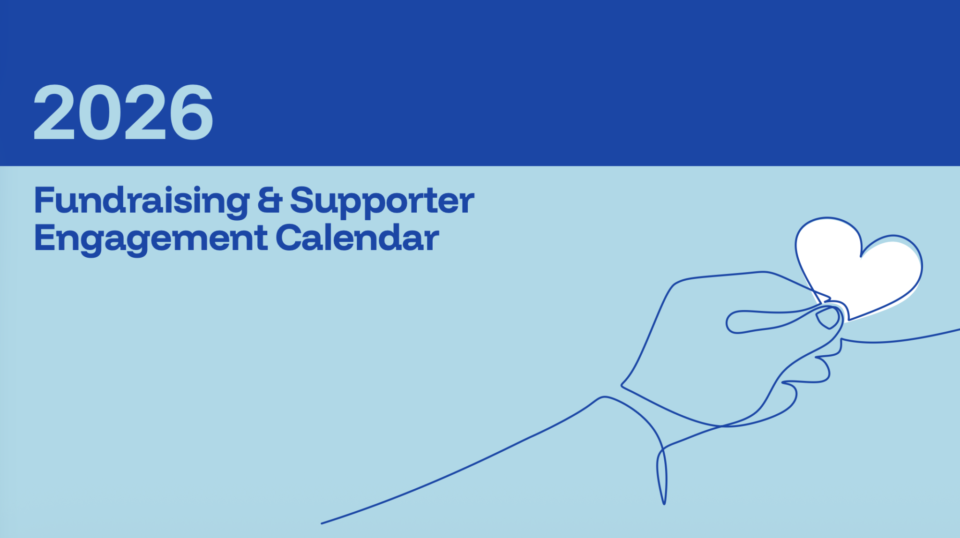
Posted on 25 Feb 2026
Writing communications for donors, stakeholders, regulators and the public can be a relentless task…
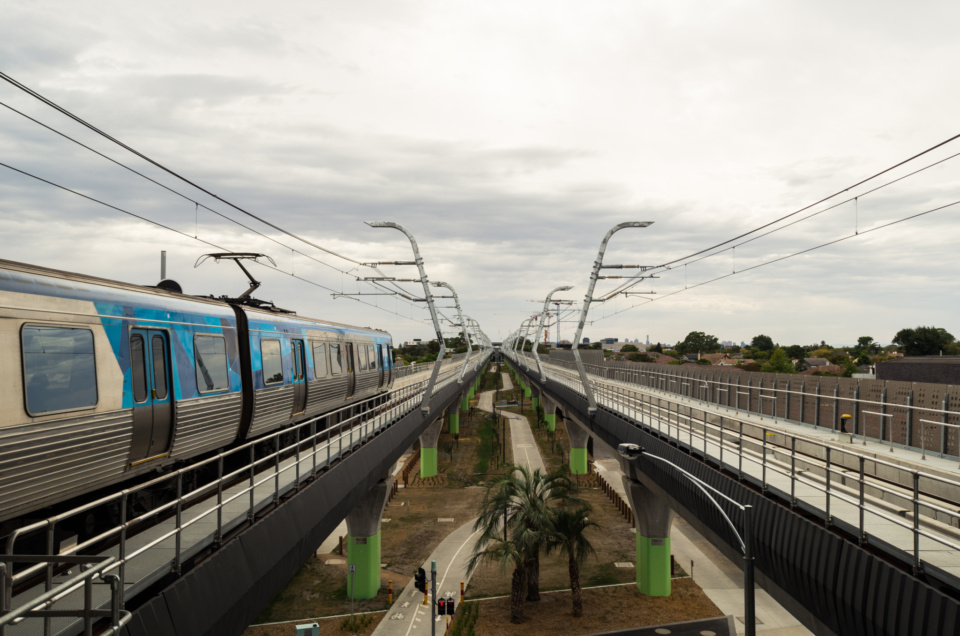
Posted on 25 Feb 2026
A Victorian suburb's hot debate about whether trains should live underground or in the sky ended…
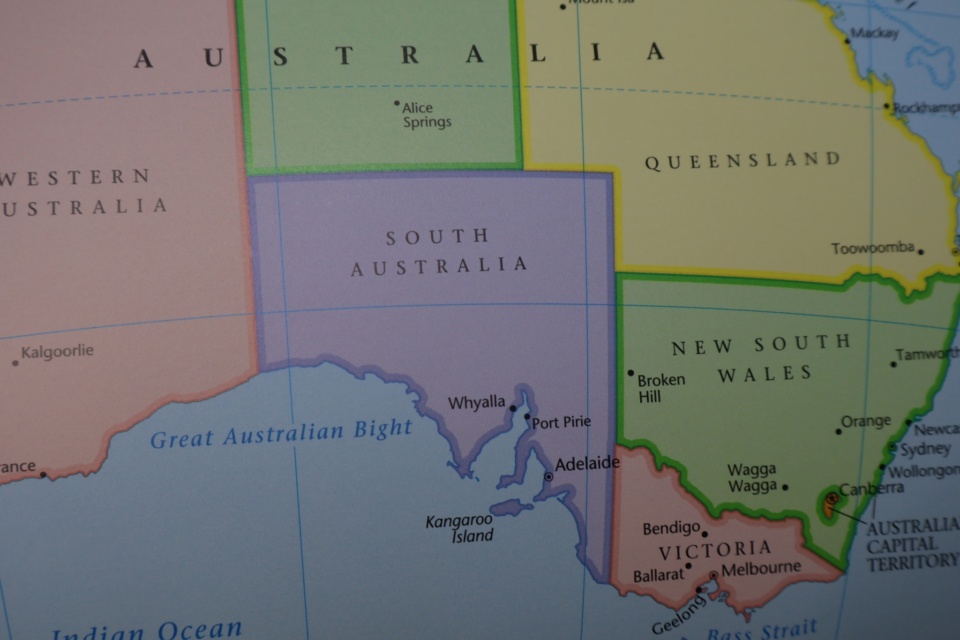
Posted on 25 Feb 2026
Three years after the federal government announced that national fundraising principles would be…
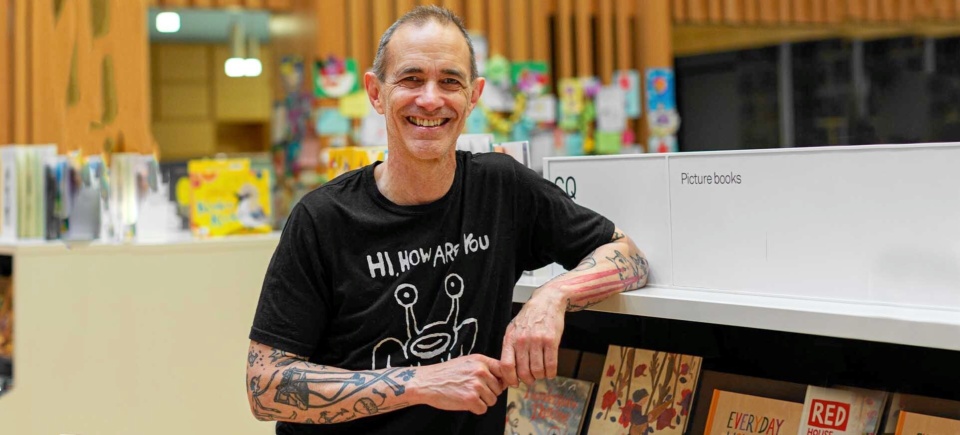
Posted on 25 Feb 2026
Author Andy Griffiths has spent 30 years bringing “punk rock” to children’s books, making kids…
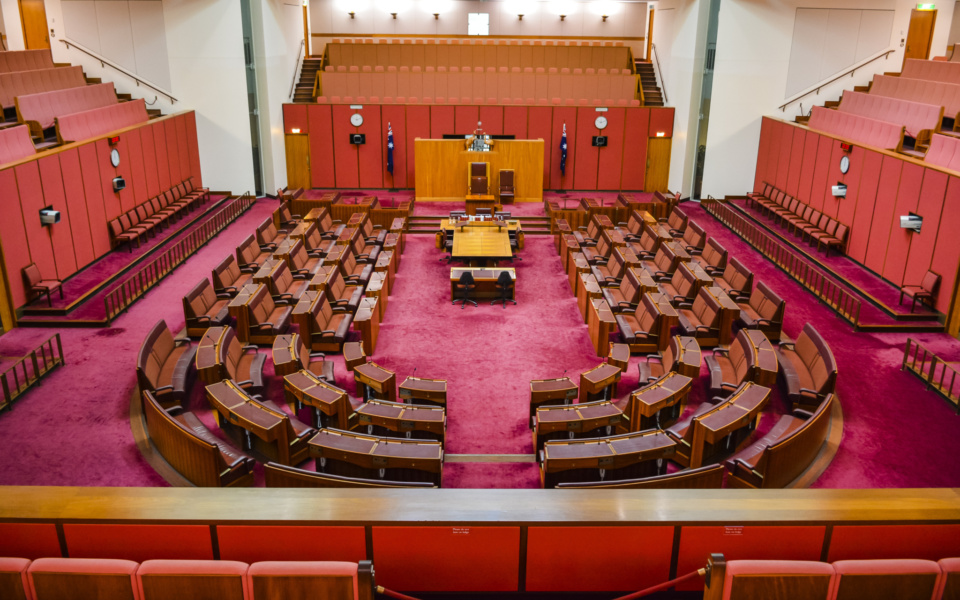
Posted on 25 Feb 2026
Senator Dean Smith is back as shadow minister for charities, and he’s told the Community Advocate…

Posted on 18 Feb 2026
Around 50 per cent of all funding for charities in Australia comes from government. The nature of…

Posted on 18 Feb 2026
You wouldn’t try to fix a complex system with one tool. You’d widen the toolkit, improve the…

Posted on 18 Feb 2026
Australia’s champion laundry van charity, Orange Sky, has announced it is ready to expand into…

Posted on 18 Feb 2026
To have any hope of hitting the grand plan of doubling philanthropy by 2030, Australia needs one…

Posted on 18 Feb 2026
When Nyiyaparli woman Jahna Cedar travels to New York next month as part of the Australian…

Posted on 17 Feb 2026
This is the full academic version of Dr Oksana King's thoughts on the need to better compensate and…